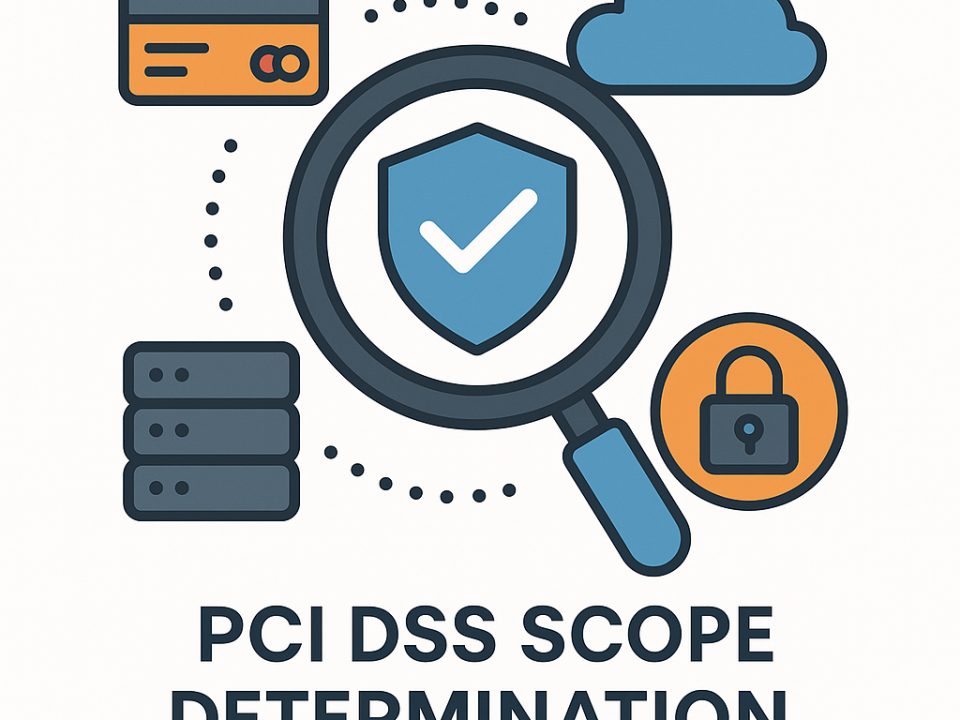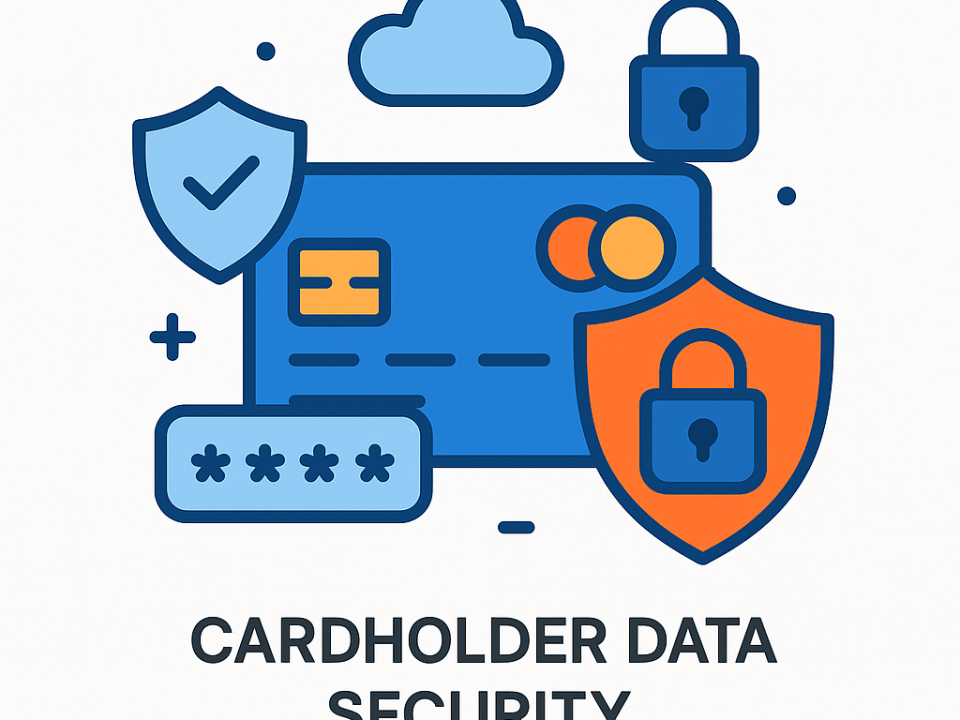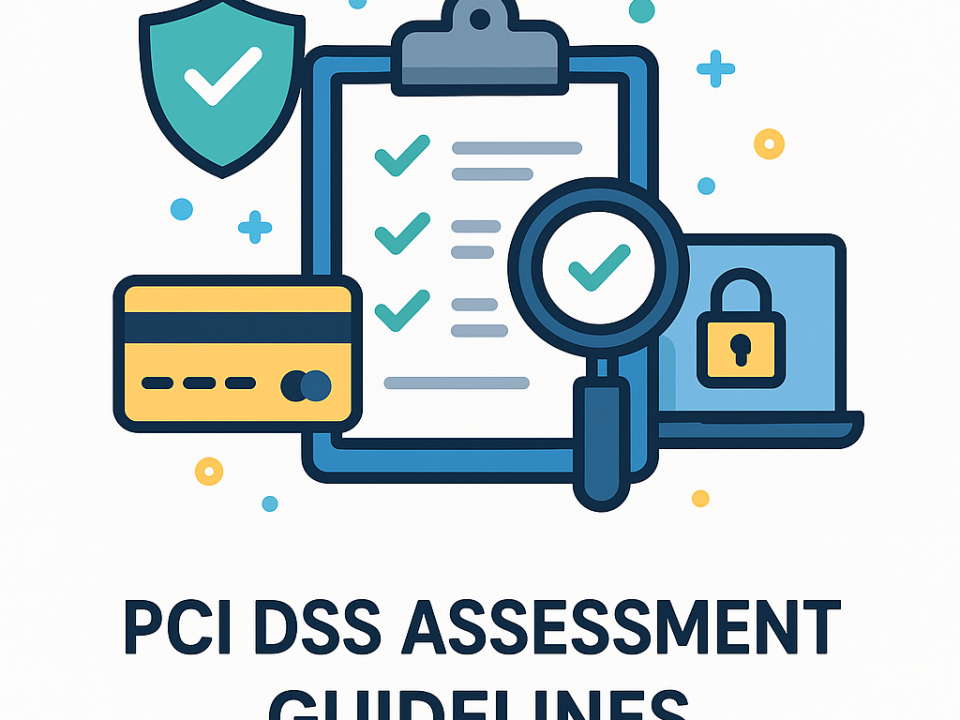
PCI DSS scope determination
June 12, 2025
Mapping Your Compliance Journey: A Step-by-Step Approach to Security Frameworks
June 12, 2025The subtopic of advanced PCI DSS training resources, particularly in relation to incorporating behavioral-based security awareness programs, is crucial for cybersecurity experts and IT management professionals. Understanding the human element in compliance is increasingly recognized as vital for ensuring data protection. This focus ties directly into CisoGrid’s mission of providing exceptional cybersecurity remote staffing, equipping organizations with not just technical skills but also the nuanced understanding necessary to manage PCI DSS effectively.
Understanding Behavioral-Based Security Training
Behavioral-based training involves understanding how employees’ actions can affect PCI DSS compliance. Unlike traditional training that often relies on rote memorization, this approach seeks to instill a deep-rooted awareness of security implications involved in daily tasks. By integrating psychological principles, organizations can create a culture of security that aligns with PCI DSS mandates.
- Uses techniques from psychology to motivate employees to adopt secure practices.
- Includes simulations and real-world scenarios to reinforce learning.
- Focuses on proactive behavior, encouraging users to think critically about security.
Case Study: The Effectiveness of Behavioral-Based Training Programs
An exemplary case in point is a financial institution that implemented behavioral-based training alongside traditional PCI DSS programs. This institution reported a 40% reduction in security breaches within a year. By emphasizing the reasons behind compliance requirements, employees were more engaged and attentive to protocols.
- 40% decrease in security incidents post-training.
- Increased employee engagement in security initiatives.
- Improved incident response times attributed to heightened awareness.
Data-Driven Insights on Employee Behavior
Research exploring employee behavior concerning PCI DSS compliance reveals troubling trends, such as the fact that over 70% of breaches result from human error. Leveraging data analytics can shine a light on behavior patterns, enabling organizations to tailor their training resources effectively.
- Studies indicate that properly tailored training can reduce human error by up to 30%.
- The majority of employees express a desire for more interactive training methods.
- Data analytics can identify training gaps and tailor content accordingly.
Building a Culture of Compliance
A cultural shift within an organization is essential for the long-term success of PCI DSS compliance. Leadership plays a vital role in fostering an environment where security is prioritized. This can include regular updates about best practices and insights gained from training data.
- Regular security meetings can reinforce compliance messaging.
- Employees at all levels should feel responsible for maintaining PCI standards.
- Leadership must lead by example, promoting a security-centric culture.
Future Trends in PCI DSS Training Resources
The landscape of PCI DSS training is evolving, with innovations like virtual reality (VR) and gamification surfacing as potential tools. These technologies can simulate immersive environments where employees can practice their skills in a risk-free setting.
- VR can create realistic scenarios for training, increasing engagement.
- Gamification can drive competition and encourage knowledge retention.
- Emerging technologies are predicted to enhance individualized training experiences.
In conclusion, the strategic importance of behavioral-based PCI DSS training resources cannot be overstated. As organizations continue to navigate the complexities of compliance, it is crucial to focus on how human actions influence data security. For those eager to advance their understanding and implementation of PCI DSS training, take the next step with CisoGrid—your go-to partner for comprehensive and innovative cybersecurity remote staffing solutions.







